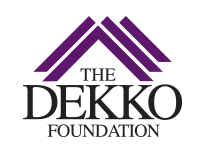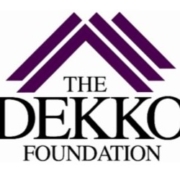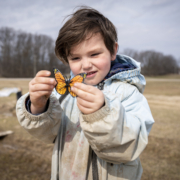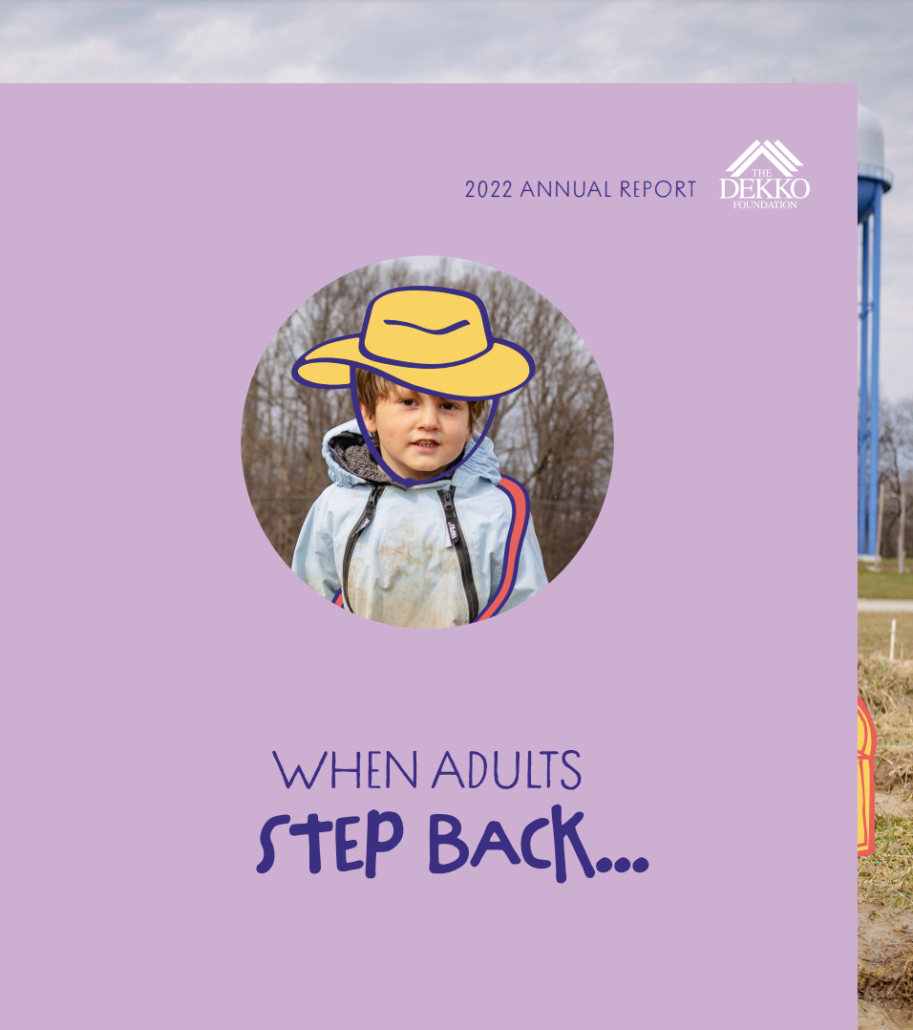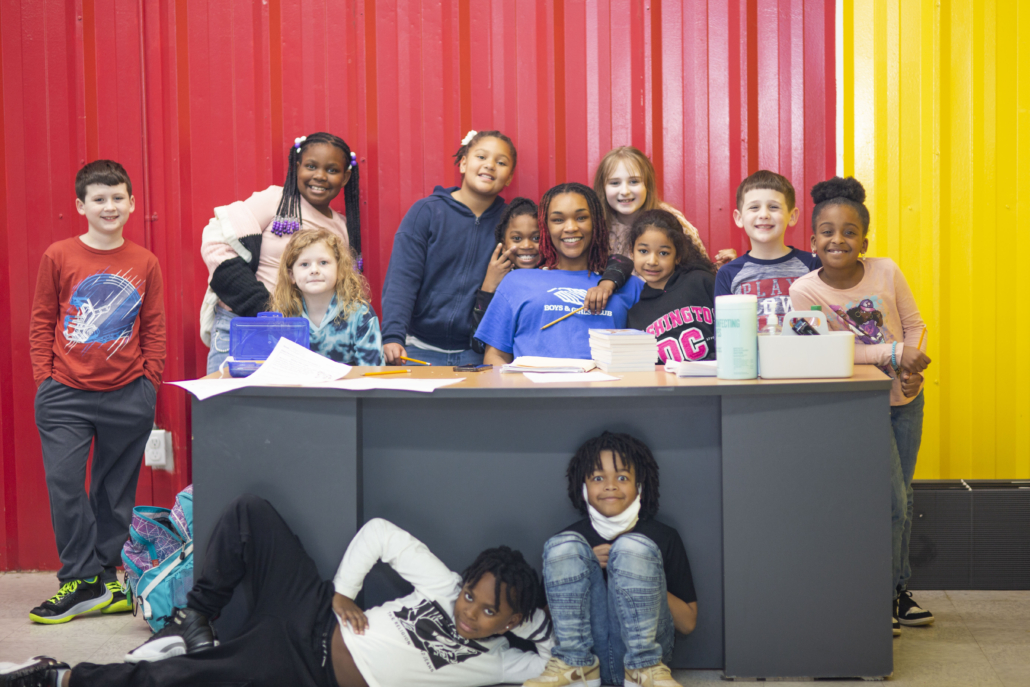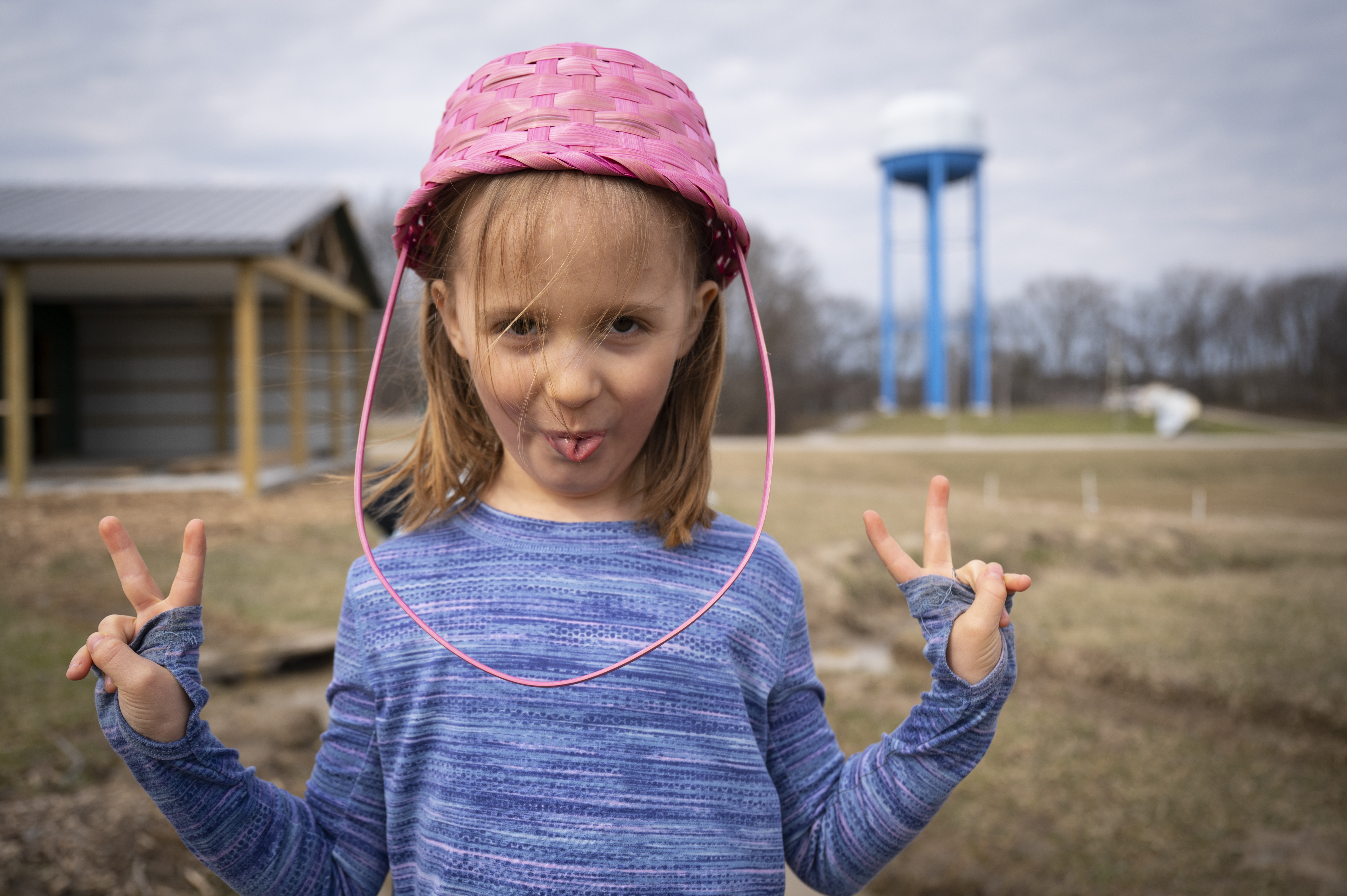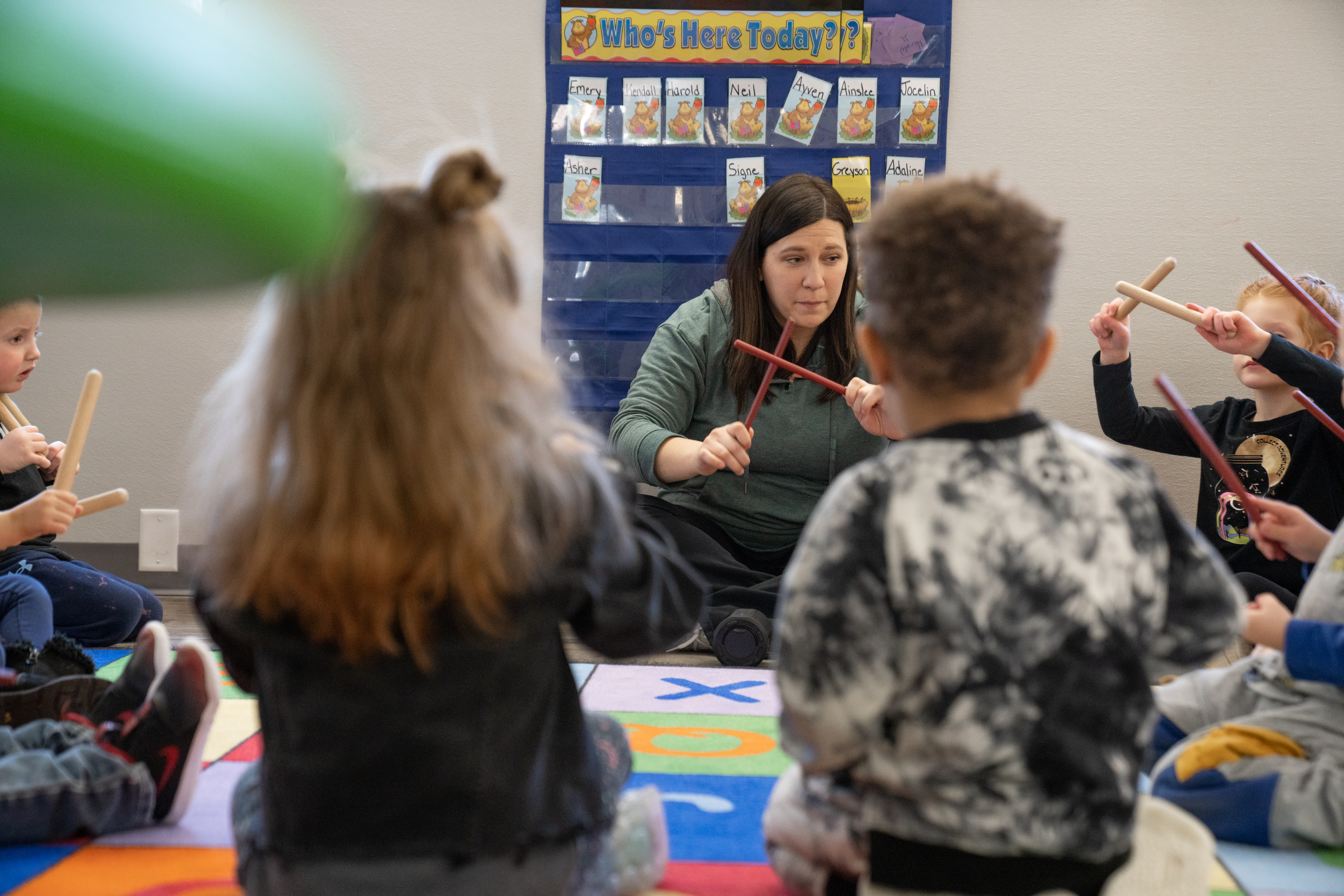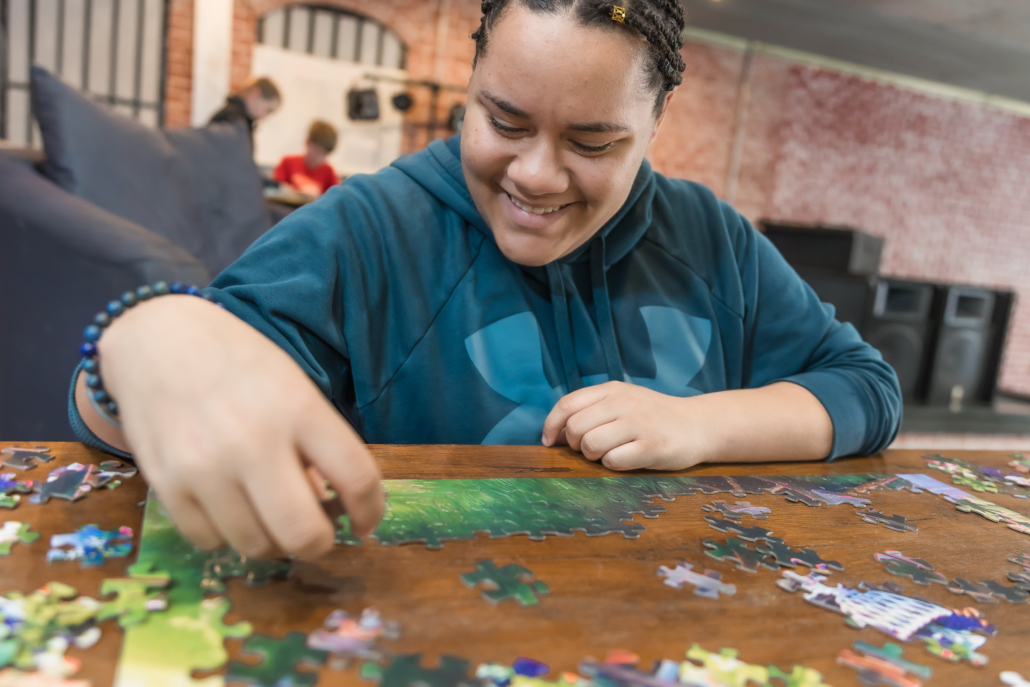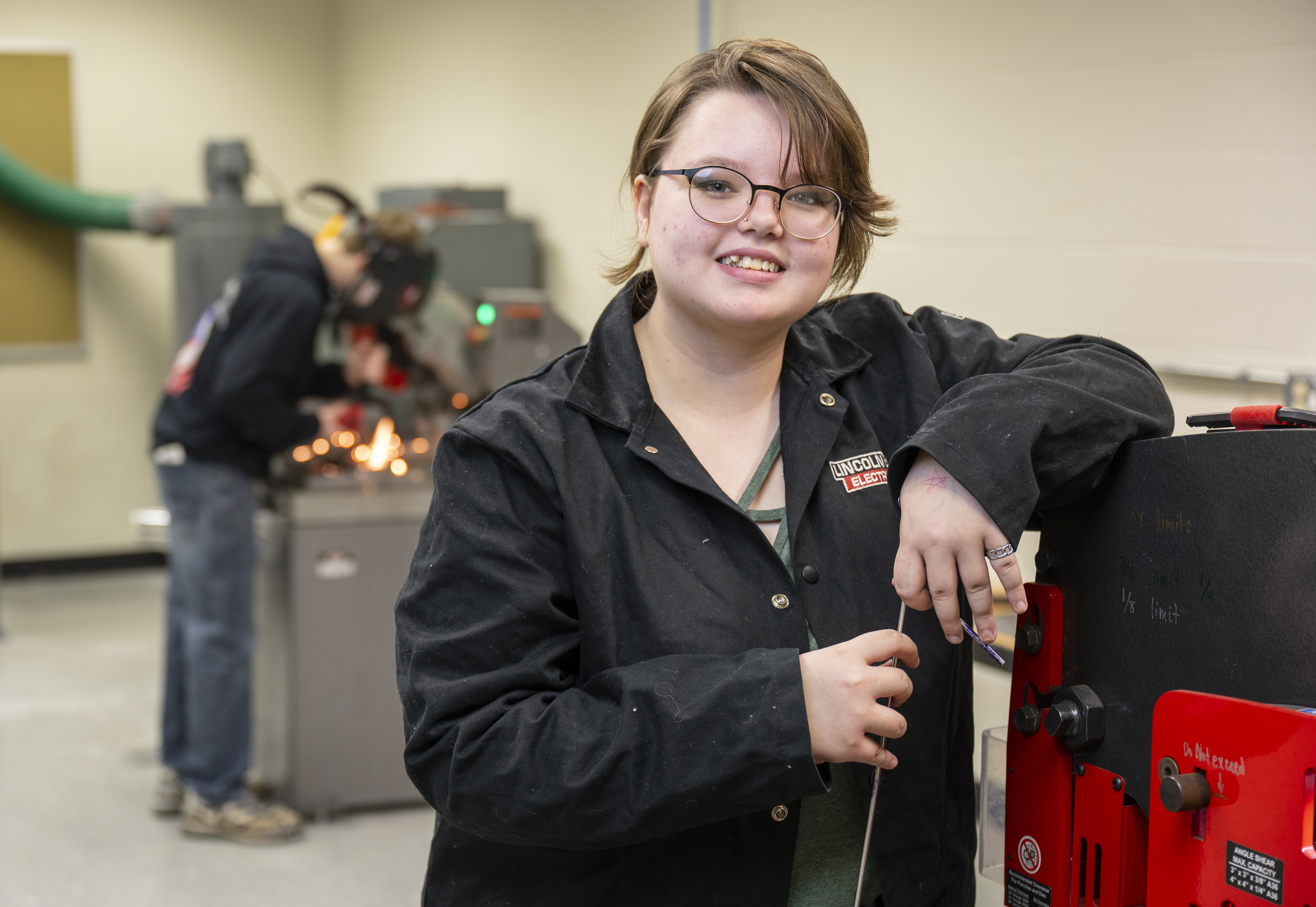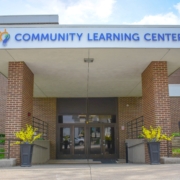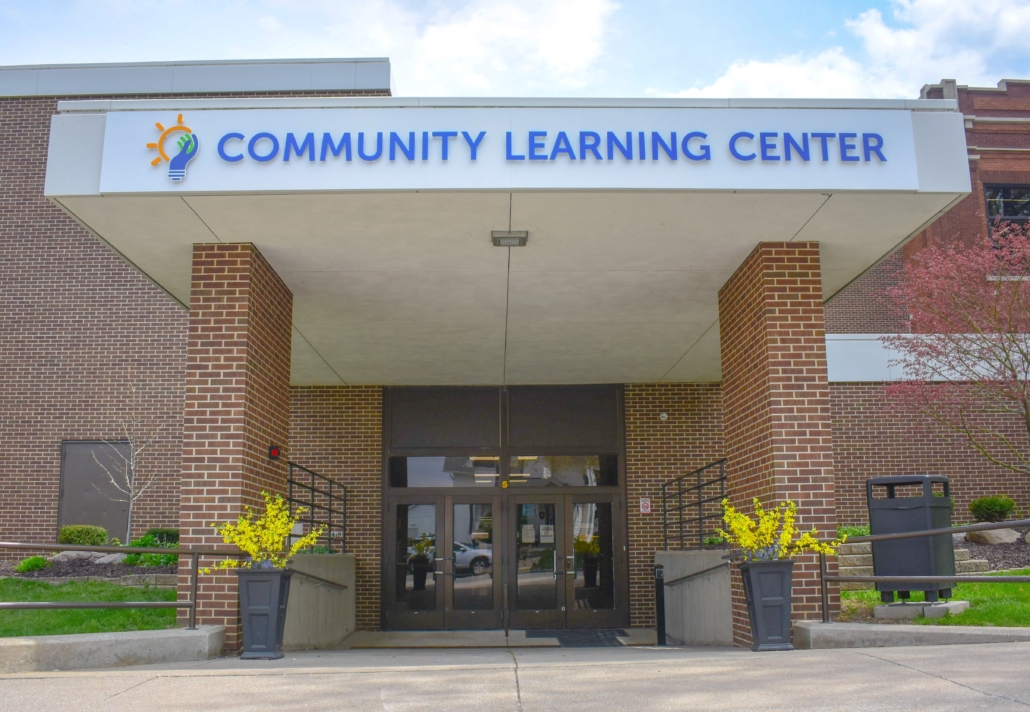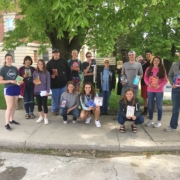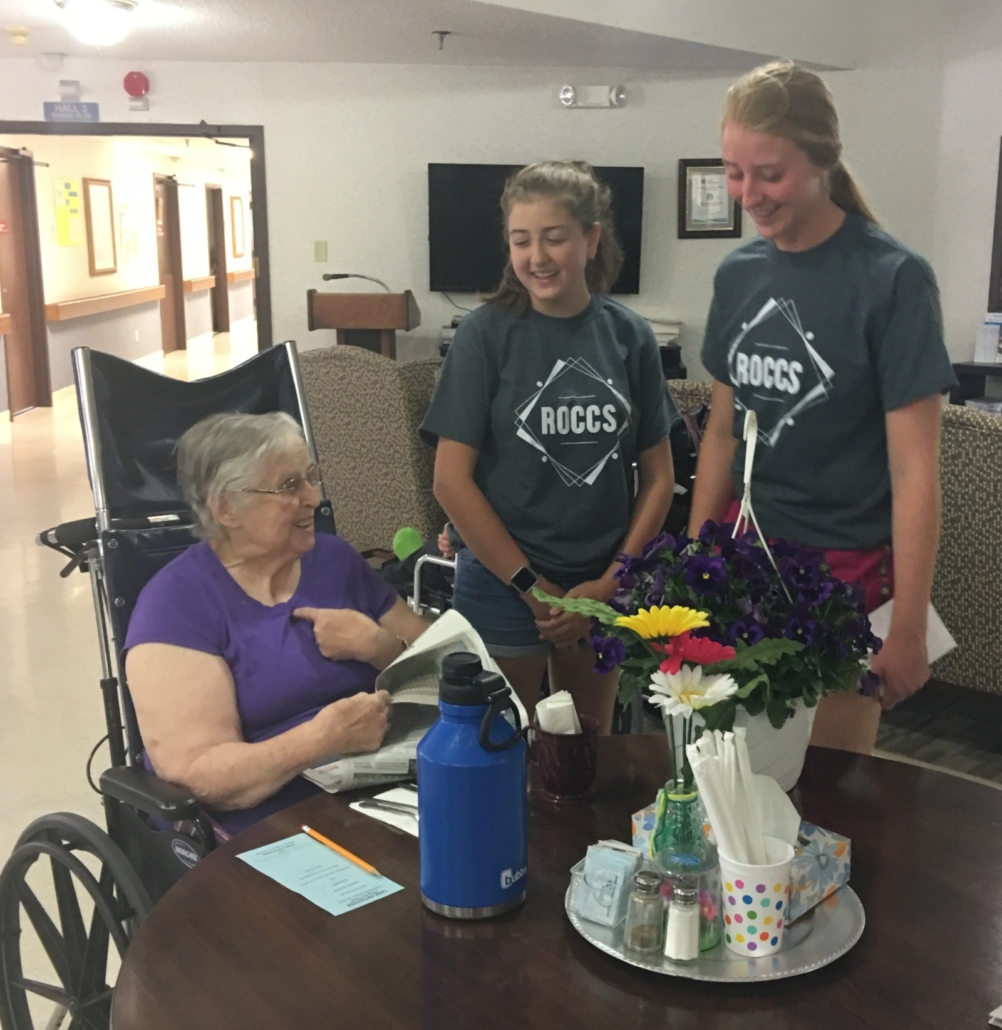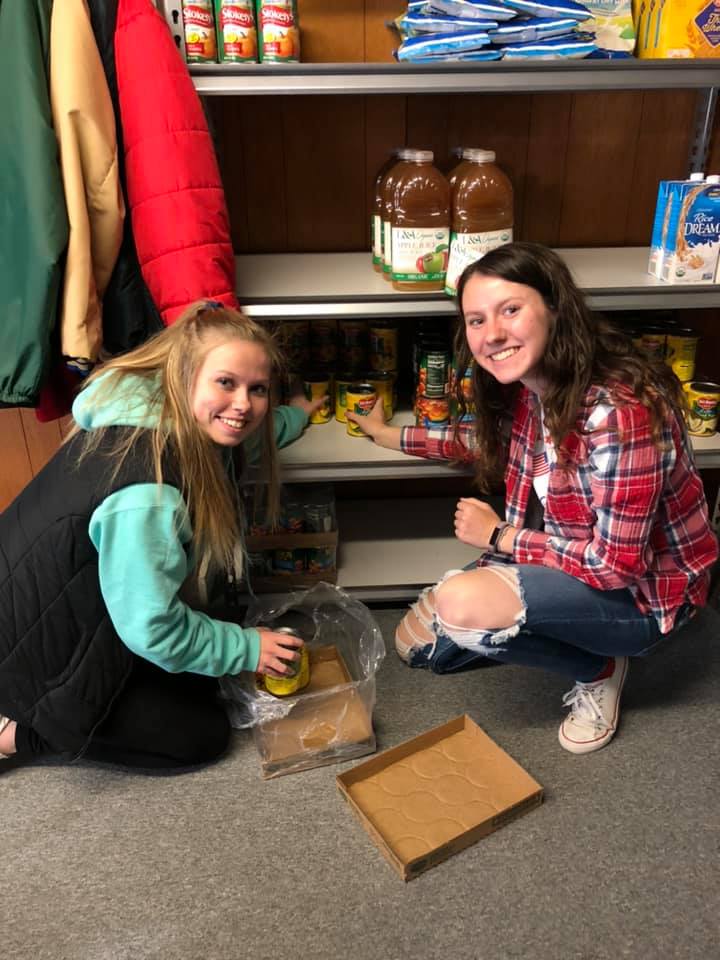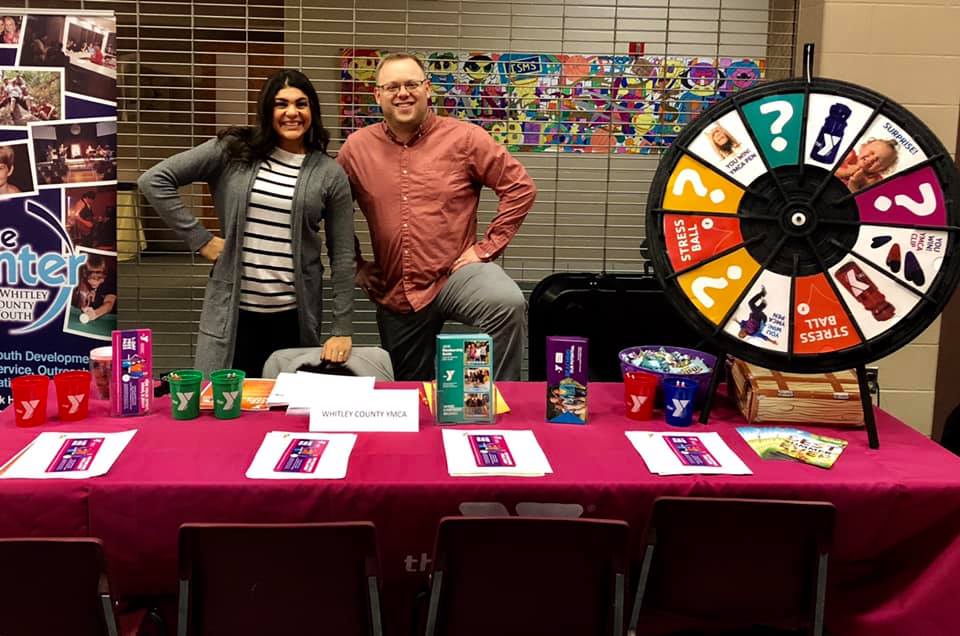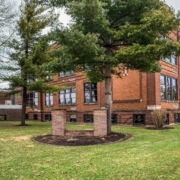Schools, nonprofits receive grants for work with young people
KENDALLVILLE, IN — The Dekko Foundation, a private family foundation located in Kendallville, IN, with a mission of fostering economic freedom through education, awarded more than $770,000 in grants and pledges to 13 youth-serving organizations during its most recent round of grantmaking.
The foundation, started in 1981 by the late businessman and philanthropist Chester E. Dekko, invests in projects and programs that help build knowledge, skills, and character in children and young people from birth through age 18 so they can be self-sufficient and grow up to be economically free.
Its grantmaking is concentrated within 13 counties in four states — Indiana, Iowa, Alabama, and Minnesota — where Mr. Dekko had business or personal interests.
Organizations receiving grants and pledges were:
- Fellowship of Christian Athletes (Roanoke, IN): $40,000 to support the organization’s financial sustainability so that staff and volunteers can provide mentoring to student-athletes in the Dekko Foundation’s Northeast Indiana grantmaking area.
- Judy A. Morrill Recreation Center (Garrett, IN): $330,000 over three years to support the organization’s operations so that young people can develop skills and habits for lifelong learning through its early education and youth programs.
- Iowa Jobs for America’s Graduates (Des Moines, IA): $37,500 to support in-school programs in Clarke and Union counties that help young people build career-ready skills and gain experience through work-based learning opportunities.
- Ada-Borup-West School District (Ada, MN): $90,000 over three years to support the district’s summer school program so students in grades K-6 are engaged in reading, math, and science and can participate in community field trips.
- Cardinal Services, Inc. (Warsaw, IN): $30,000 to support science, technology, engineering, and math learning in Head Start classrooms that appeals to children’s natural curiosity and helps prepare them for elementary school.
- Central Decatur Community School District (Leon, IA): $40,000 to support the renovation of the high school’s weight room so that it better meets the needs of students and supports their physical development.
- Diagonal Community Schools (Diagonal, IA): $24,270 to support the district’s use of an early learning curriculum so educators have a stronger understanding of child development principles and children are better prepared to enter kindergarten.
- Diagonal Community Schools: $16,237 over three years to support elementary teachers’ professional development so they can assist students with building foundational reading skills that lead to academic success.
- Friendship Church (Athens, AL): $26,000 to support Friendship Learning Center’s financial sustainability so that it can retain staff at its three locations and meet the early learning needs of young people.
- Funshine Learning Center (Lamoni, IA): $50,000 over two years to support the center’s ability to increase enrollment so that its financial sustainability is strengthened.
- Limestone County Schools (Athens, AL): $20,000 to support the construction of greenhouses at two high schools so that students can build science, math, and literacy skills and gain hands-on experience and training in agriculture.
- Smith-Green Community Schools (Churubusco, IN): $6,745 to support additional welding equipment for the high school agriculture program so that students can further develop their skills and earn industry-recognized certifications.
- YMCA of Steuben County (Angola, IN): $56,000 over three years to support water safety classes for second-grade students so they can enjoy outdoor recreation and engage in physical activity.
- American Legion Charities, Inc. (Indianapolis, IN): $4,500 to support the American Legion in Limestone County, AL, with sending young people to Boys State so they can better understand democracy and how they can be future community leaders.
If you’d like to learn more about how investments such as these support children and young people so they can achieve economic freedom later in life, contact a Dekko Foundation program officer at 260-347-1278. Or visit dekkofoundation.org to explore the foundation’s mission and funding priorities, review its grantmaking process, or send a grant proposal.
